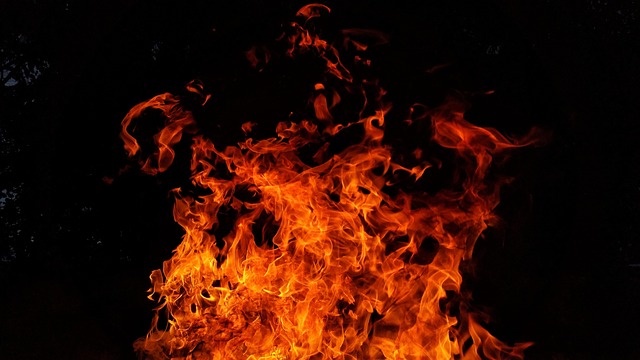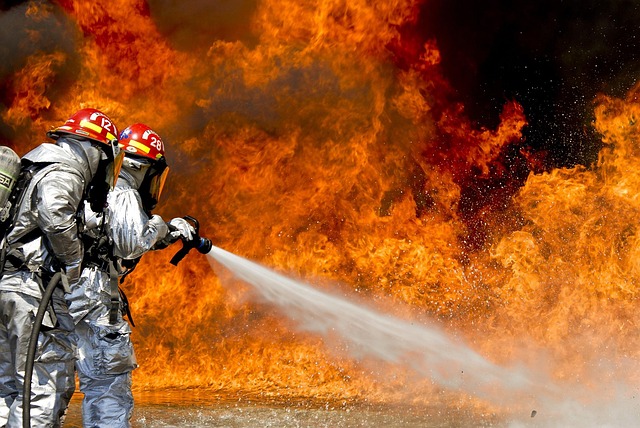Selling a house with fire damage in Chicago demands a strategic approach, involving understanding insurance assessments, repair/reconstruction choices, and a multi-step sales process. Homeowners should assess repairs vs. demolition, engage real estate professionals for guidance, set accurate prices, market effectively, and communicate transparently to successfully navigate the sale of their fire-damaged property in Chicago's competitive market.
Selling a fire-damaged home in the Chicago real estate market requires careful navigation. This comprehensive guide delves into the intricacies of understanding fire damage assessment, legal considerations like insurance claims and disclosure requirements, and strategic marketing approaches to attract buyers. We explore the decision between repair and reconstruction, navigating the sales process from listing to closing, ensuring a smooth transition for both sellers and prospective buyers in Chicago.
- Understanding Fire Damage Assessment in Chicago Real Estate Market
- Legal Considerations: Insurance Claims and Disclosure Requirements
- Repair vs. Reconstruction: Making the Right Decision for Your Property
- Marketing Strategies to Attract Buyers Despite Fire Damage
- Navigating the Sales Process: From Listing to Closing with a Damaged Home
Understanding Fire Damage Assessment in Chicago Real Estate Market
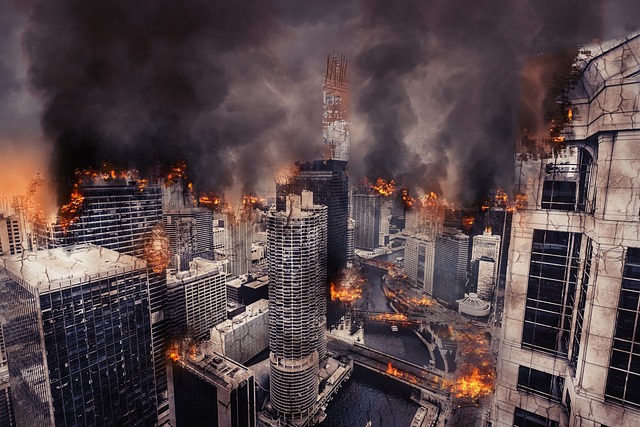
Selling a home with fire damage in the competitive Chicago real estate market requires a thorough understanding of the assessment process. This is crucial for homeowners seeking to navigate the complexities of insuring, repairing, and selling their property after a fire. The initial step involves a professional inspection to evaluate the extent of the damage, which will impact both the insurance claim and potential buyer interest.
In Chicago, real estate agents and buyers are well-versed in assessing fire-damaged properties. Insured losses due to fires are commonly determined using the replacement cost method, which considers the current market value of the home and repair estimates. This assessment is vital as it dictates the insurance payout and the seller’s financial obligations for repairs, ultimately affecting their asking price. Buyers, too, will scrutinize these reports, impacting their offer amounts and negotiations.
Legal Considerations: Insurance Claims and Disclosure Requirements

Repair vs. Reconstruction: Making the Right Decision for Your Property
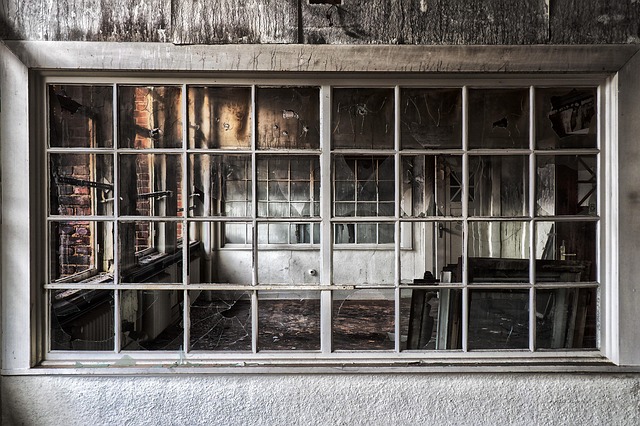
When facing a fire-damaged property in Chicago, one of the initial decisions homeowners must make is whether to repair or reconstruct. Repairing involves restoring the house to its pre-fire condition, focusing on fixing structural issues and updating systems affected by smoke and water damage. This option can be appealing for sentimental reasons or if the damage is minimal. However, it’s crucial to assess whether repairs will meet current building codes and standards, especially in Chicago where strict regulations are in place.
Reconstruction, on the other hand, offers a fresh start, allowing homeowners to design a home tailored to their preferences and modern requirements. It involves razing the existing structure and rebuilding, potentially with enhanced safety features and updated materials. While costly, reconstruction provides an opportunity to create a more sustainable and livable space. For those selling a fire-damaged house in Chicago, understanding these options is key to making an informed decision that maximizes resale value.
Marketing Strategies to Attract Buyers Despite Fire Damage
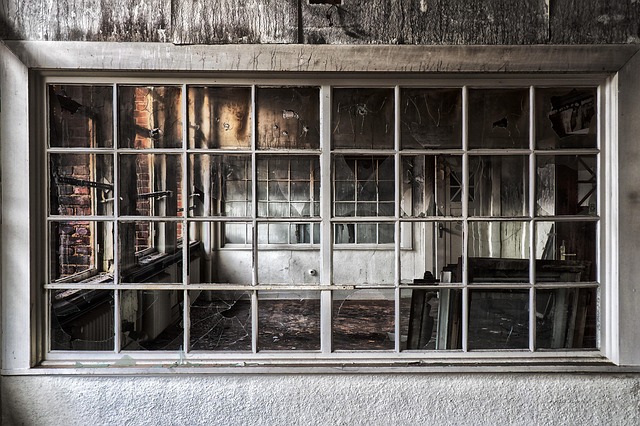
Navigating the Sales Process: From Listing to Closing with a Damaged Home
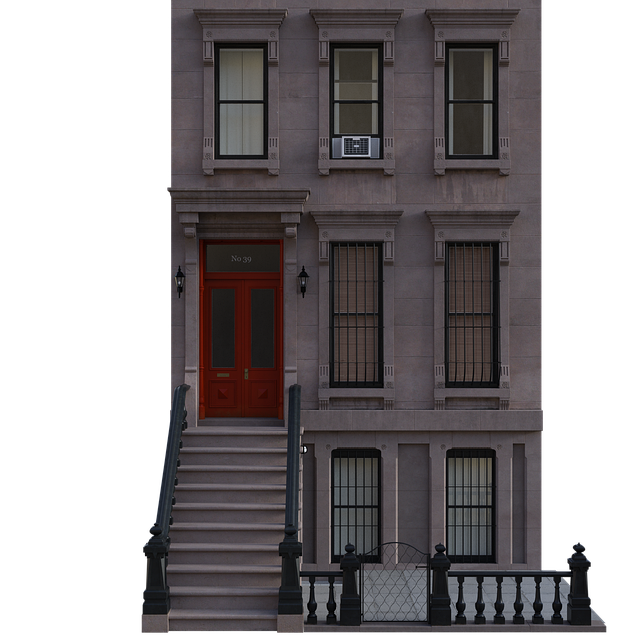
Navigating the sales process with a fire-damaged home in Chicago can be a complex journey, but it’s definitely achievable. The first step is to accurately assess the extent of the damage and determine if repairs are feasible or if demolition is necessary. This decision impacts your listing price and appeals to potential buyers, who may have varying levels of interest in properties that require significant renovations.
Engaging the services of a real estate professional experienced in Chicago’s market is crucial. They can guide you through the process, help with estimating repair costs, and set realistic expectations for selling a fire-damaged home. From listing the property to closing the deal, transparency about the damage, clear communication with buyers, and strategic marketing are key to successful sales. Remember, effectively showcasing the potential of the property beyond its current state can be a game-changer in attracting the right buyer.
Selling a fire-damaged house in the Chicago real estate market requires careful navigation through assessment, legalities, and marketing. Understanding the specific considerations for fire damage in Chicago is key to making informed decisions. Whether repairing or reconstructing, knowing when to invest in rebuilding versus replacing can significantly impact your bottom line. With the right strategies, marketing a house with fire damage can attract buyers who appreciate potential over immediate visual cues. By following legal disclosure requirements and efficiently navigating the sales process, you can successfully sell your Chicago property, turning a challenging situation into a successful transaction.
